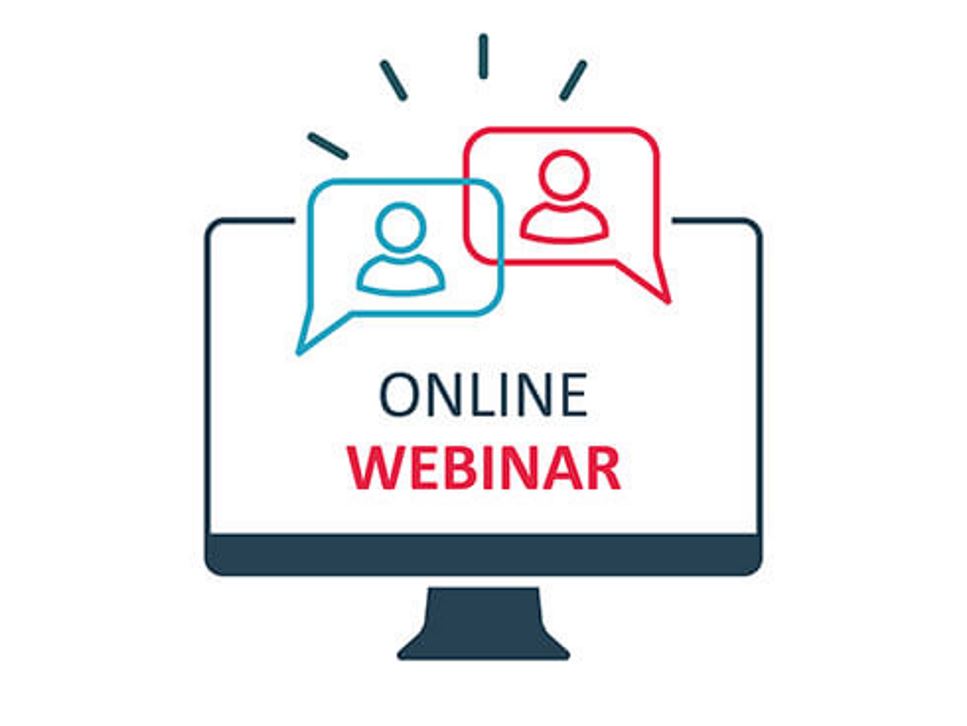Sponsored by: Academy of Nutrition and Dietetics Diversity Grant
Session 1: Affirming Nutrition Care for LGBTQ+ Folx
This presentation will focus on how nutrition care clinicians can provide appropriate and affirming nutrition care for LGBTQIA+ clients. This marginalized community often faces nutrition related concerns specific to their identities, necessitating informed care to avoid unintentional undue harm. The webinar will cover topics including the basics of sex and gender, appropriate language and terms, calculating weight and nutritional needs for this population, gender affirming care, and specific nutrition related risk factors for LGBTQIA+ folx such as food insecurity, eating disorders, and neurodivergence.
Session 2: You Belong: working with students with invisible disabilities.
As educators we are oftentimes presented with letters of accommodations to make adjustments to our teaching for specific students who have disabilities. However, many individuals with invisible disabilities choose not to register with their school's disability office, yet struggle tremendously in the traditional classroom. This presentation will introduce principles of the Universal Design for Learning, which aims at creating educational activities for our learners taking into account the multiple types of learning styles and learning preferences that individual learners may have. The presentation will highlight learning challenges of neuro-diverse individuals, who oftentimes have invisible learning disabilities. The presentation will provide examples of strategies that educators can incorporate to create a more inclusive and accessible learning environment. The focus will be on the I and A of IDEA (Inclusion, Diversity, Equity and Access).
Session 3: Cultivating Motivation Through a Culturally Humble Lens
This presentation will take you from the foundations of healthy client-practitioner relationships, to the intricacies of what goes into holding an empowering space and embodying the spirit of motivational interviewing to build rapport and support clients through their behavior change journey using a culturally humble approach. Dr. Faraj-Ardura will go into detail on what cultural humility is, and the similarities between cultural humility and motivational interviewing, and what we as practitioners should and shouldn't do to support clients from different walks of life. And last, but not least, we will review ways to cultivate intrinsic motivation for change.
Session 4: Independence Through Adaptive Kitchen Tools
Consider these facts about disabilities in the United States: Up to 27% of adults have some type of disability with 12% mobility, 13% cognition, 7% independent living, 6% hearing, and 4% self-care. Adults with disabilities are more likely than adults without disabilities to have three nutrition-related chronic conditions — obesity (42% versus 30%), heart disease (10% versus 3%), and diabetes (16% versus 8%). Adults with disabilities vary by race/ethnicity with 30% American Indian/Alaska Native, 25% Black, 20% White, 17% Native Hawaiian/Pacific Islander, 17% Hispanic and 10% Asian. Median income is $12,510 less for adults with disabilities compared to adults without disabilities. People with disabilities are among groups with the highest rates of food insecurity. During the 2021-22 school year, 15% of public-school total enrollment received services due to disabilities. Disability culture was first recognized in mid-1990; however, disabilities are usually excluded from cultural competency training to help dietetic practitioners practice cultural humility. Disabilities are diverse; examples cancer, diabetes, post-traumatic stress disorder, HIV, cerebral palsy, blindness or vision impairment, deafness or hearing loss, autism spectrum, epilepsy, mobility, intellectual, major depressive disorder, traumatic brain injury, arthritis, chronic fatigue, learning, mental illness, Parkinsons, multiple sclerosis, muscular dystrophy, and many others not listed. Disabilities may impact how people with disabilities prepare and cook food, and eat and drink. There are many adapted kitchen tools, utensils, and equipment to increase independence of people with disabilities to prepare and cook food, and to eat and drink. The speaker will demonstrate a variety of adapted kitchen tools, utensils, and equipment and present them in slides as an essential component of the nutrition and dietetic practitioner's arsenal of resources to provide culturally competent nutrition counseling for people with disabilities to improve their health and nutrition outcomes. Inclusive language for people with disabilities will be discussed, too.


